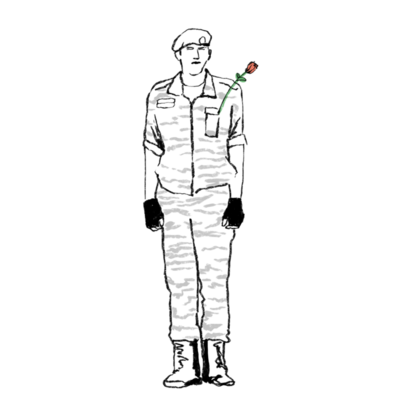Both Republican and Democratic senators say at least some balance between values on one side, and security and economic interests on the other, must be restored in relations with a key Mideast ally.
Monitor Daily Podcast
- Follow us:
- Apple Podcasts
- Spotify
- RSS Feed
- Download
 Kim Campbell
Kim Campbell
For almost seven weeks, a church service has been going on in the Netherlands.
Hundreds of clergy from across denominations have come together to help fill the hours, day and night, with music and sermons. Their goal: to shield an Armenian family of five from being deported.
The family is one of some 400 hoping for a difficult-to-get pardon for children who have lived in the country for more than five years. When the family’s appeals ran out, those helping them turned to a law that prohibits authorities from disrupting a church service.
That choice has brought together clergy who don't usually collaborate, but has also caused tension among some of the country’s declining number of Christians. While most support amnesty for the children (ages 15, 19, and 21), some wonder if the service “taints worship with political activism,” according to Christianity Today. Some critics have been won over after visiting Bethel Church in The Hague and witnessing the service firsthand.
Threats stemming from the father’s political activity caused the family to flee Armenia, a country that is making democratic progress, as our story today highlights. Even as the Dutch government remains unmoved, participants and onlookers comment on the compassion and kindness being shown – and on how, for some, it has brought relevancy to religion again.
“As long as it’s useful to contribute to the dialogue,” Theo Hettema, a Protestant leader, told The Associated Press, “we will continue with the church service.”
Here are our five stories for your Thursday.











